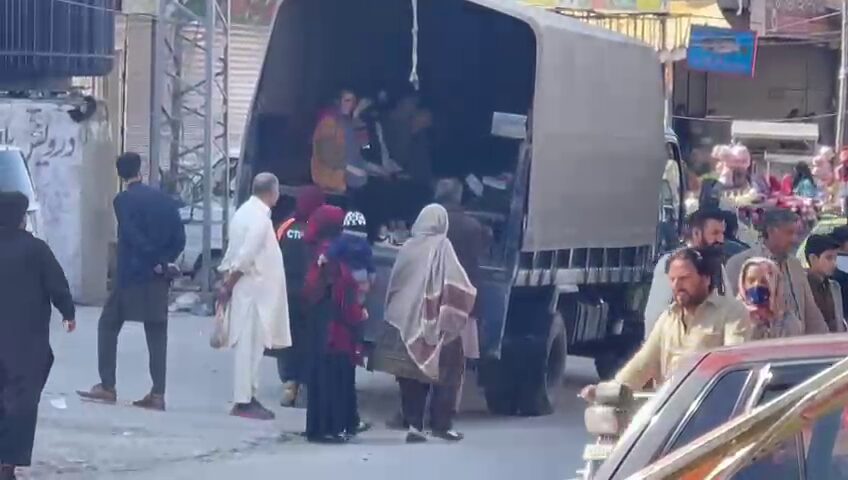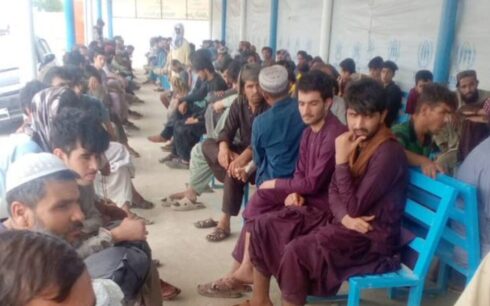ISLAMABAD — Pakistani authorities have deported more than 90 Afghan nationals in recent days, marking the start of a renewed phase of forced expulsions following the end of the March 31 deadline for voluntary departure.
Many of those removed held Afghan Citizen Cards (ACCs), once considered valid temporary documentation, signaling the widening scope of Pakistan’s crackdown on undocumented and semi-documented migrants.
Local media and officials reported that the deportations began in the Khyber Pakhtunkhwa province and are expected to expand nationwide, targeting an estimated 800,000 ACC holders in the coming weeks.
In early 2024, Pakistan began forcibly deporting undocumented migrants, most of them Afghans. The campaign later expanded to include ACC holders, who were given until March 31 to leave voluntarily. That deadline has now passed, and deportations have resumed, following a brief pause during the Eid al-Fitr holidays.
Rights activists and Afghan migrants have condemned the latest round of expulsions as inhumane and in violation of international law.
“Even during Eid, police were detaining and deporting Afghans,” said Raheel Talash, an Afghan refugee in Pakistan. “This is not just unethical — it’s a clear violation of human rights and Pakistan’s international obligations.”
Pakistan says the policy is final and will be implemented in phases. Local journalist and analyst Tahir Khan told media outlets that some Afghans were deported this week despite holding ACCs, due to lacking additional documentation.
According to official figures, nearly 3 million Afghans currently reside in Pakistan. Among them, approximately 1.3 million hold Proof of Registration (PoR) cards, around 800,000 possess Afghan Citizen Cards, and an estimated 1 million live without any legal documentation.
Authorities have prioritized ACC holders for deportation in this latest phase, despite international concern and calls for restraint.
The United Nations and several rights groups have repeatedly urged Islamabad to halt the forced returns, citing threats to safety for many Afghans under Taliban rule and the lack of proper resettlement mechanisms.





